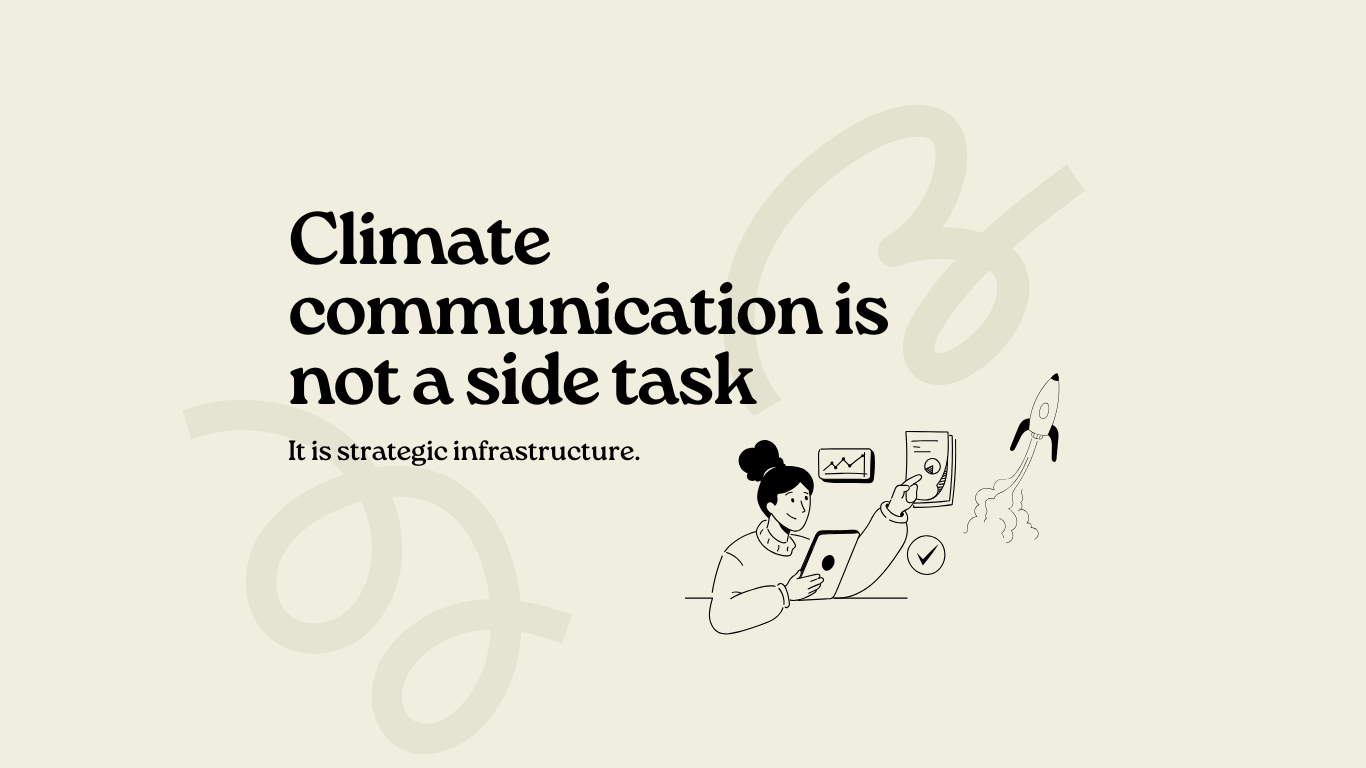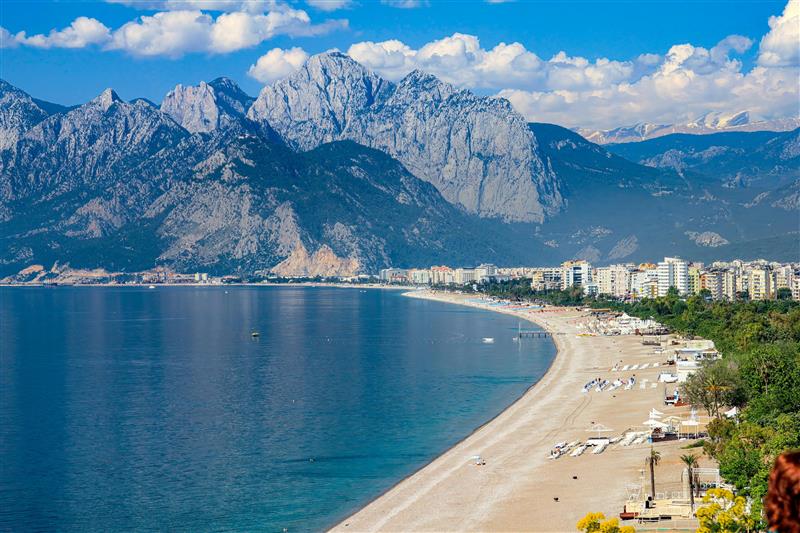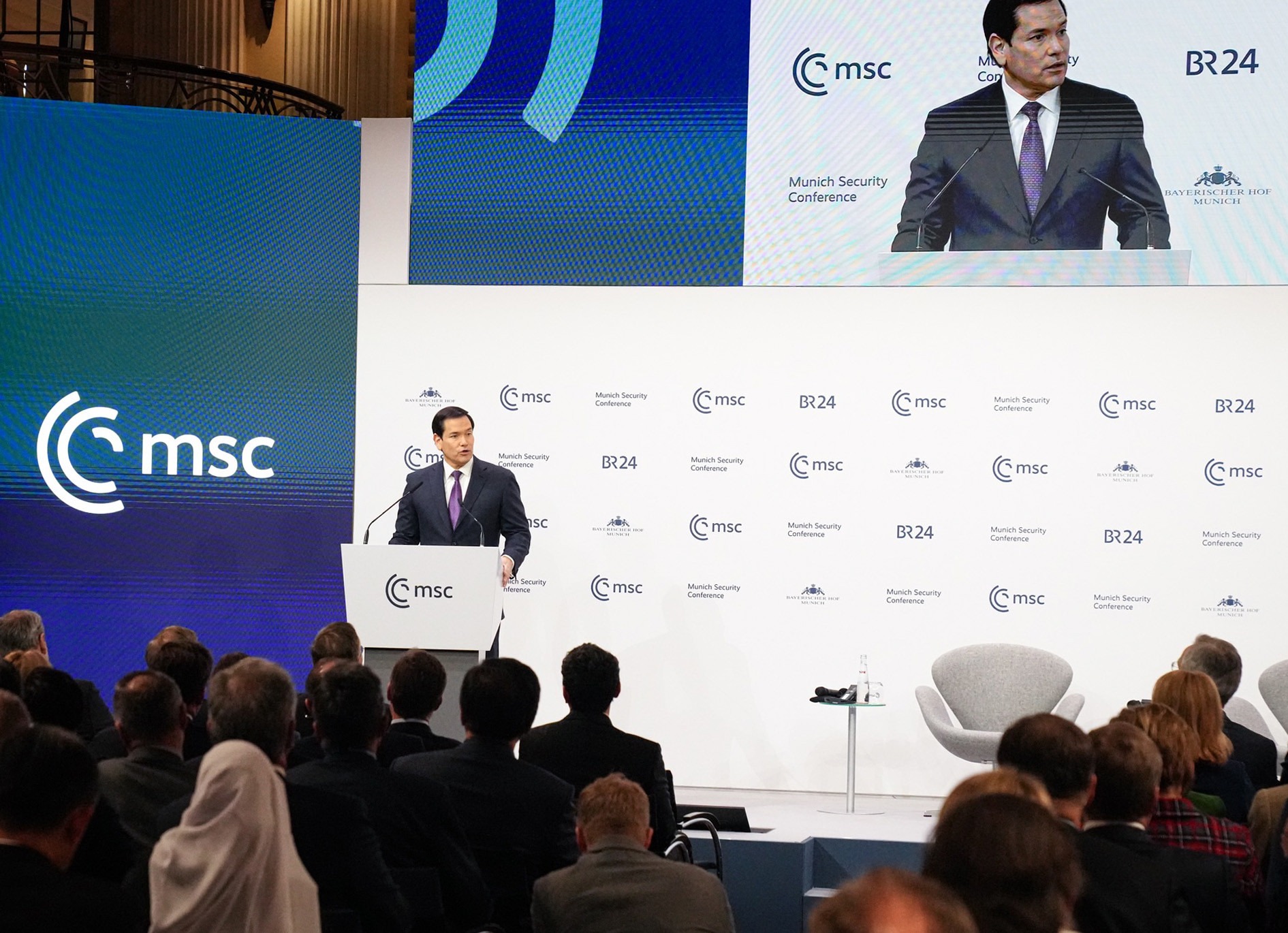From 9 to 13 June 2025, world leaders, scientists and NGOs will gather in Nice, France, for the third United Nations Ocean Conference (UNOC3). This summit, co-sponsored by France and Costa Rica, focuses on addressing the critical emergency facing our oceans and deciding on concrete actions to protect them.
The summit seeks to achieve an Ocean Action Plan, a kind of ‘Paris Agreement for the oceans’ that will then need to be supported by national ocean protection plans.
Oceans, the source of life
Journalist Mariana Castaño Cano, founder of 10 Billion Solutions, explained during her appearance on the programme En Primera Plana (France24/RFI) that ‘the ocean literally gives us life. Thirty per cent of the oxygen we breathe comes from the ocean, and it also acts as a buffer against climate change by absorbing heat and CO₂’. The urgency is clear and recognised by the scientific community, but, according to Mariana, ‘there is a lack of political will and financial commitment’.
Among the most pressing challenges discussed are underwater mining, which has received controversial support from Donald Trump, and plastic pollution. According to Mery Piña, head of the European Centre for Marine Biological Resources, ‘a binding global treaty is urgently needed to tackle plastic pollution, particularly invisible microplastic pollution from activities such as tyre wear.’
UN Secretary-General António Guterres warned at the start of the summit that ‘we are facing an ocean emergency. Our oceans are key to regulating the climate and producing oxygen. Without urgent action, commitments may remain just promises.’
Despite the notable absence of the US, the summit has a strong presence of Asian and Pacific countries, which are demanding concrete economic commitments due to their high vulnerability to climate change.
Links to other multilateral processes
What happens in Nice is directly linked to other multilateral processes such as COP30, the UN Climate Change Conference to be held in Brazil in November. The climate and ocean agendas converge on targets for emissions reduction and ecosystem protection.
The Nice Conference is also related to ongoing international negotiations to achieve a global treaty to reduce plastic pollution. In addition, ocean protection is part of the 2030 Agenda and the fulfilment of Sustainable Development Goal (SDG) 14, which focuses on life below water. In spire of its importance, SDG 14 is the least funded globally.
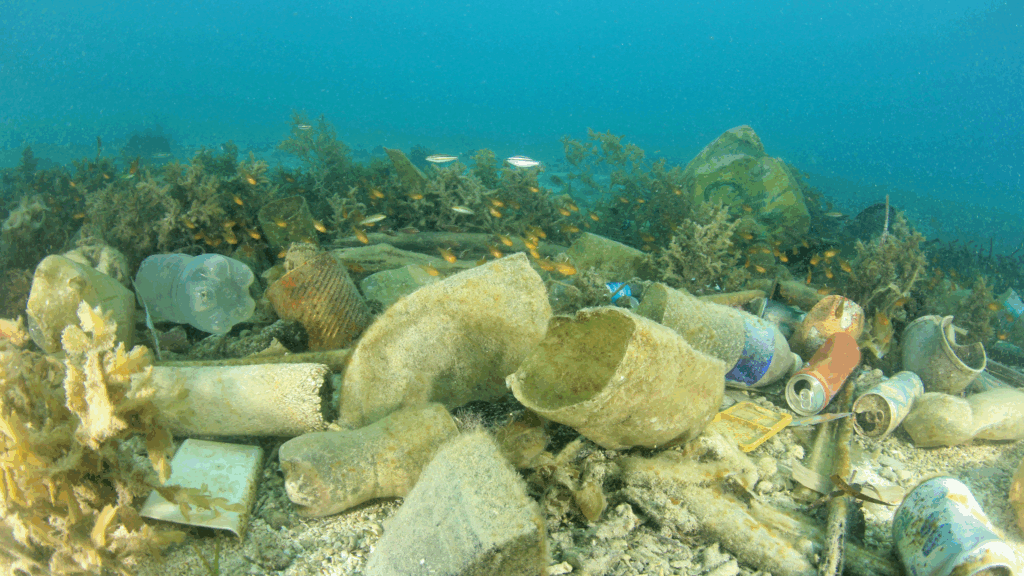
In addition to protecting the oceans for the sake of biodiversity and the climate, Mariana Castaño Cano stressed that it is essential that solutions do not leave behind populations that depend on the sea for their livelihoods. She pointed to the need to offer sustainable economic alternatives for communities dependent on the oceans, such as the promotion of blue carbon (the sale of carbon credits for the capture of emissions in marine ecosystems) and sustainable tourism. ‘Without real alternatives, any measure runs the risk of failure,’ she said during the broadcast.
The protection of coral reefs and marine plants such as posidonia are also priorities, as their disappearance would have devastating consequences for marine biodiversity and global food security.
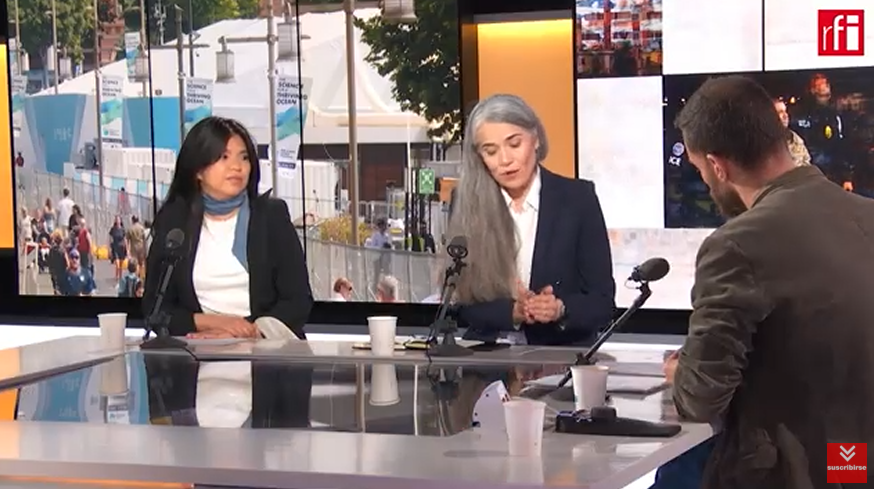
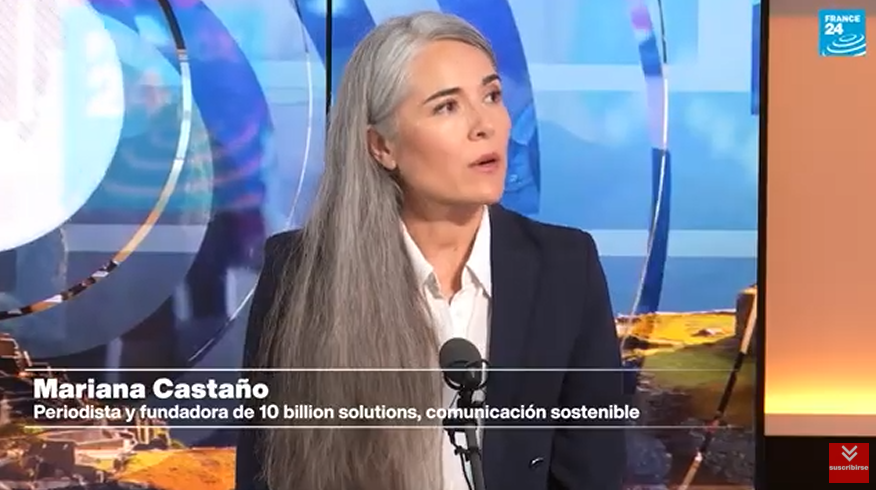
Communication, the first step towards action
At 10 Billion Solutions, we firmly believe that informing and communicating about these processes is essential to ensure that measures are not only adopted, but also translated into concrete and sustainable actions. Our mission is to provide clear, accessible and inspiring information about what is at stake and to show how different sectors are contributing real solutions to the ocean and climate crisis. You can follow our specialised coverage and the resources we offer for professionals and communities on our blog and social media.
Share this article: the oceans sustain us, and now they need our immediate action and attention.


